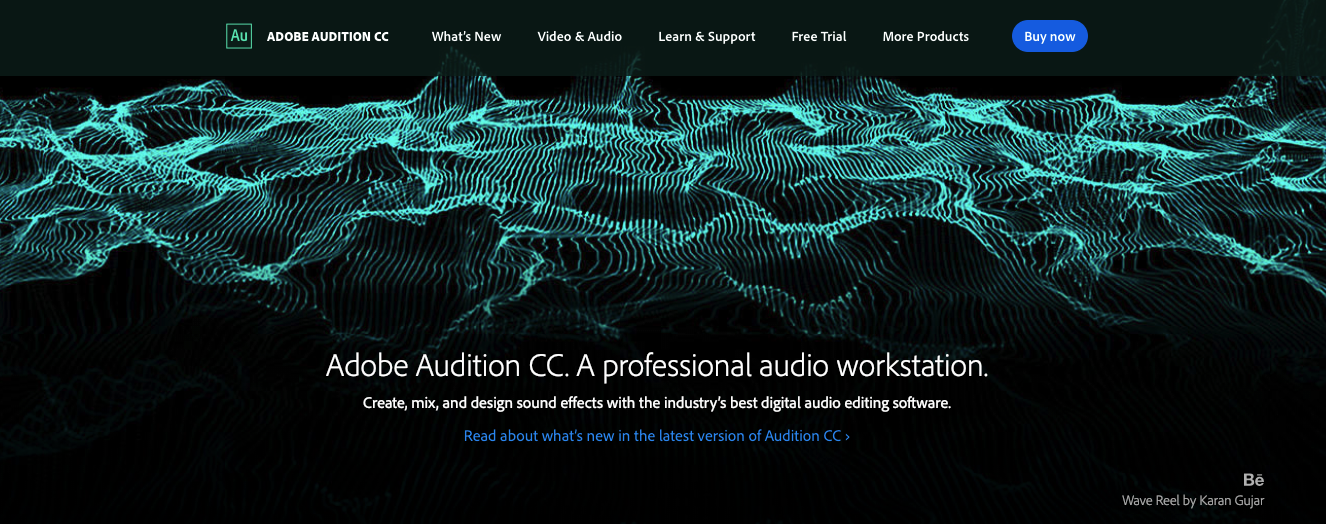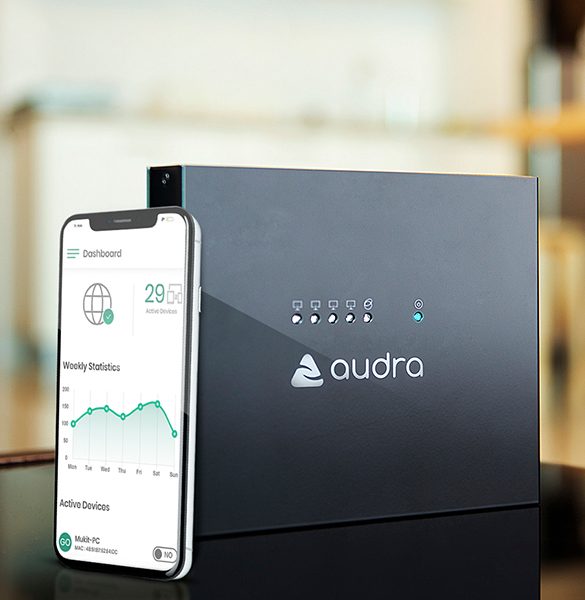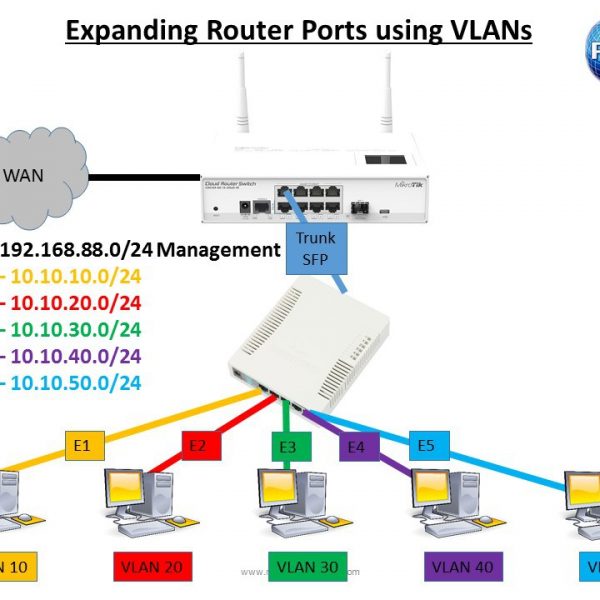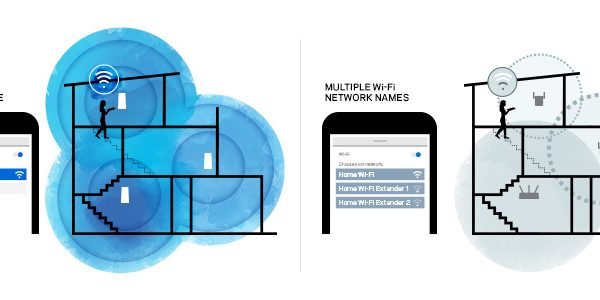In the age of sharing your voice online, podcasts become more and more popular. Want to make your voice heard too? This is what you need to know about how to start a podcast.
Table of Contents
Why should you start a podcast?
There are a few different reasons to start a podcast. Firstly, you might do it for fun. It’s an excellent platform for talking about specific topics and connecting with like-minded people.
Podcasts have their own media culture, with a substantial engagement and a wide selection of topics. There are thousands of hugely successful podcasts covering nearly every topic you could ever think of.
Secondly, podcasts are good for business. Creating quality content is highly beneficial for your brand. It helps you attract a wide audience of potential customers.
You can choose between different content formats, but podcasts, just like blogs, are simple to create and manage.
Since creating a podcast is relatively easy, this might be a goldmine for your business. You can generate a fair amount of traffic to your website, by engaging your audience through a podcast.
How to start a podcast?
There are a few things to consider when creating a podcast. In this article, we will provide you with a step-by-step guide on how to create a podcast and tips helping you run it. It might seem complicated, but I promise you – it’s not.
Taking care of the basics
Before you sit down and start recording, there are things you need to take care of.
- Decide what your topic will be.
When you decide what your podcast will be about, try coming up with topics for episodes. Will you be able to come up with enough material for new podcast episodes on a regular basis? Choose a topic that you have a lot to say about or want to research and learn. Otherwise, creating new content will be exhausting.
Be consistent. Trying to appeal to everybody will result in appealing to no one. Find a topic and stick to it. If you decide to start a podcast about cooking, don’t start making episodes about your cat.
- Get to know your audience.
Learn what your audience wants and needs. Do your research. Listen to podcasts with similar themes. What flaws do they have, that you could improve? You need to know your niche and create content with its own unique voice.
- Choose your format
One more important step is choosing the format. Is it going to be an interview-style podcast? Are you going to be the sole host, or are you going to have co-hosts? How long are the episodes going to be? How often will you post new episodes?
- Name your podcast
Be creative, but keep it simple. The name should be something easy to remember, yet catchy and intriguing. Of course, make sure that the name you pick reflects on the topic of your podcast.
You will need cover art, a description, social media accounts, and a promotion plan. Don’t forget that you will need to have a short description for every episode too.
Getting the supplies
Podcasts are audio based, you need to gather quality supplies for your work. Here is a short list of everything you’ll need to get:
- A microphone
- Headphones
- Audio recording software
- Call recording software
- Audio editing software
Since you’ll be aiming for great quality, do your research before making any purchases. One of the most popular choices for recording and editing audio is the Adobe Audition CC software.
Learn how to use the software, before you actually record your first episode. Knowing your tools beforehand will save you a lot of stress and help make your content better. After all, your goal is to create quality content. Mediocrity is a no-go, you should always aim for the best results.
Recording your first episode
First of all, know that being nervous is normal! Not many of us are used to recording ourselves talk for half an hour. Just remember, that being nervous is okay. As cliche as it sounds – just be yourself!
Your first episode is your introduction. So this is the time to talk about yourself, discuss the topics you want to cover, talk about the frequency of your episodes.
Before recording any of your episodes, plan them out. Don’t get me wrong – you shouldn’t read it like a script. Just have a list of topics you want to touch on, so you don’t have to improvise too much.
Thought of something on the spot? No problem. You can always leave things out, or add them in. It’s your show, and you can do what you want.
One important thing to remember is to not scared to pause and gather your thoughts. It’s better to have a few silent pauses that you can edit out, rather than rambling and being unclear.
Don’t forget to have an intro and an outro.
The intro, usually, is a short introduction to the podcast. A few short sentences are enough to really bring some character to your show. Once again – don’t be afraid to stand out and be unique.
The outro can be just as simple – a little thank you to the listeners, or maybe a short melody to show the podcast is over.
Editing your podcast
Editing is where you make all the needed changes — it’s like adding the cherry on top of a cake.
During the editing process, you will add in your intro and your outro, remove the silent pauses and any mistakes that you made. Additionally, if you listen to your podcast and realize you left something out – you can always record it and edit it in.
In most audio editors there will be a setting that will automatically stabilize the volume. This will remove all the spikes of high volume and remove any background noise you might have recorded. This step is essential, so don’t forget it.
One important thing to remember is that all your episodes should be the same volume. So keep an eye on those settings.
Once you finish editing your podcast, save it as an MP3 file, with a 128kbps bitrate and a 44.1Mhz sample rate.
Distributing your podcast
First of all, before you actually start to distribute your podcast, it’s a good idea to have at least 3-5 episodes ready. This will take the pressure off creating new content at a fast pace when you’re only starting out.
When it comes to hosting, you don’t have to use your own website to do so. Hosting a podcast on your site could result in bandwidth problems and slow your site down. Luckily, some websites and apps will help you both with hosting and distribution.
SoundCloud, Youtube, PodBean, ShoutEngine, and other sites will provide you with enough hosting services to satisfy your needs. Podcast platforms like Anchor, Pippa.io, will not only host your podcast, but it will distribute it everywhere you want.
Most podcast hosts will tell you iTunes is the most desirable podcast directory out there. It has the most significant reach, so if you want to be listed in only one directory – definitely aim for iTunes.
Make sure to submit your podcast to iTunes before your actual launch date. This way you’ll be sure that your podcast is approved and won’t have any hiccups on your big day.
Want to be a bit more independent? Learn from other success stories! Check out popular podcasts like “Cortex” and “The Rooster Teeth Podcast.” These shows built a website around their podcast, in turn growing a community that frequents their site.
Or if you have an existing blog or any other kind of website, post your podcast there! If it works with the website’s themes of course.
Promoting your podcast
Now that you recorded and distributed your podcast, you want it to be heard. The best way to reach your audience is with the help of social media. Social media will help you in two ways:
- Marketing your podcast
- Engaging with your audience
Engaging with your audience is crucial. If you make your audience feel heard and cared about, you’ll have an active community of loyal listeners. It is especially important if your goal is to promote a business.
Another good move is to get involved with other podcast hosts. Try to get a popular host to star in your podcast. Or be a guest on someone else’s podcast. This will open up a bigger audience and make you known in other circles.
Try finding partners to mention you. People who host similar podcast are an excellent place to start. So if your podcast is about something travel related, try finding a podcast discussing trips. Reach out, and maybe if the hosts enjoy your podcast, you’ll get a little shout out.
Networking does play a huge role in your self-promotion. So engage with your audience, build a community with other podcast hosts and get your name out there.
Conclusion
Creating and running a podcast isn’t tricky, but it does require dedication. Podcasts are a great way to create content and share your ideas with the world. Not only is it fun, but it’s also highly beneficial for your business.
Make sure to plan out everything from your podcast’s name, to your promotion. You want to produce high-quality content, that will get your audience hooked.
Other than that, make sure to have a great time with your podcast.
So get out your microphone and start recording!
https://www.000webhost.com/blog/how-to-start-a-podcast







